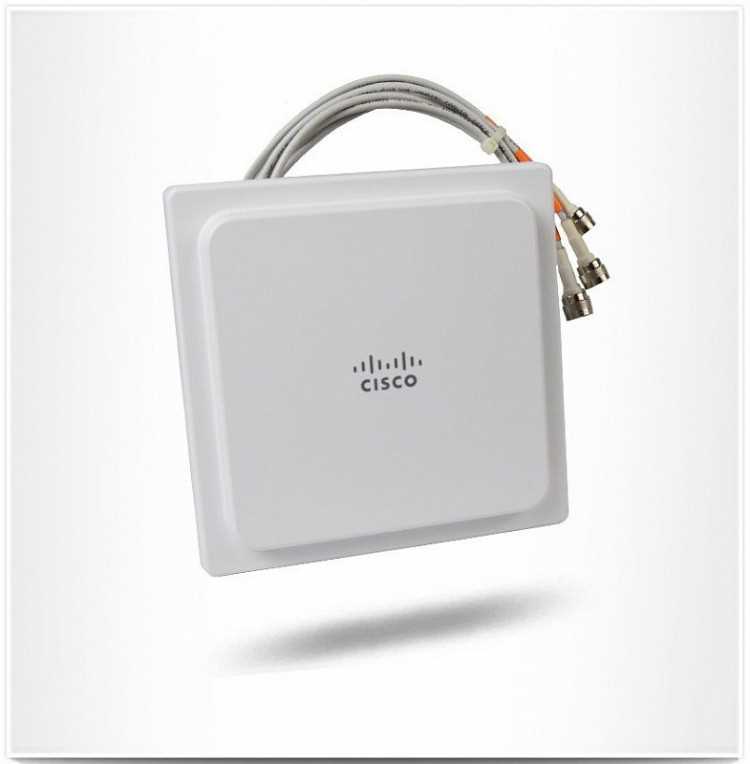
In the realm of modern wireless communication, there exists a dynamic landscape of technological innovation, continually pushing the boundaries of connectivity and data transmission. This article delves into the intricacies of a groundbreaking hardware component, delving into its specifications, capabilities, and the vast potential it holds for revolutionizing wireless networks.
Embark on a journey through the realm of cutting-edge connectivity, where the synergy between hardware and data transmission defines the landscape. Through a meticulous examination of technical intricacies and performance benchmarks, we uncover the unparalleled potential that lies within this innovative component.
Discover how this essential element serves as the cornerstone of modern communication infrastructure, facilitating seamless data exchange and uninterrupted connectivity across diverse applications. From smart devices to industrial automation, its versatility knows no bounds, promising a future redefined by efficiency and reliability.
The Technical Specifications of Air ANT2535SDW R
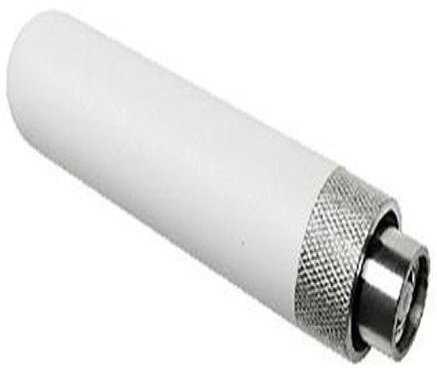
In this section, we delve into the intricate technical details and specifications of the ANT2535SDW R, exploring its functionality, performance metrics, and design features. Delving into its operational parameters and structural composition, we aim to provide a comprehensive understanding of this wireless communication apparatus.
Performance Metrics
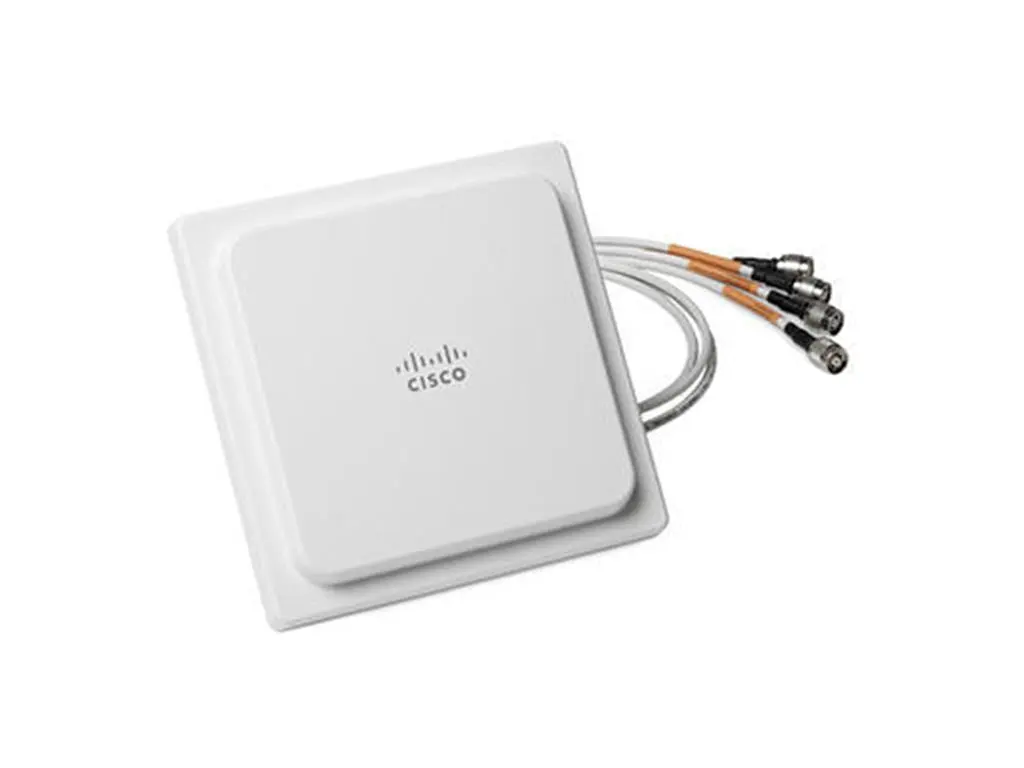
Examining the performance metrics of the ANT2535SDW R reveals its operational prowess and efficiency in transmitting and receiving wireless signals. These metrics encompass factors such as signal strength, transmission range, data transfer rates, and frequency bandwidth utilization.
Structural Design and Components
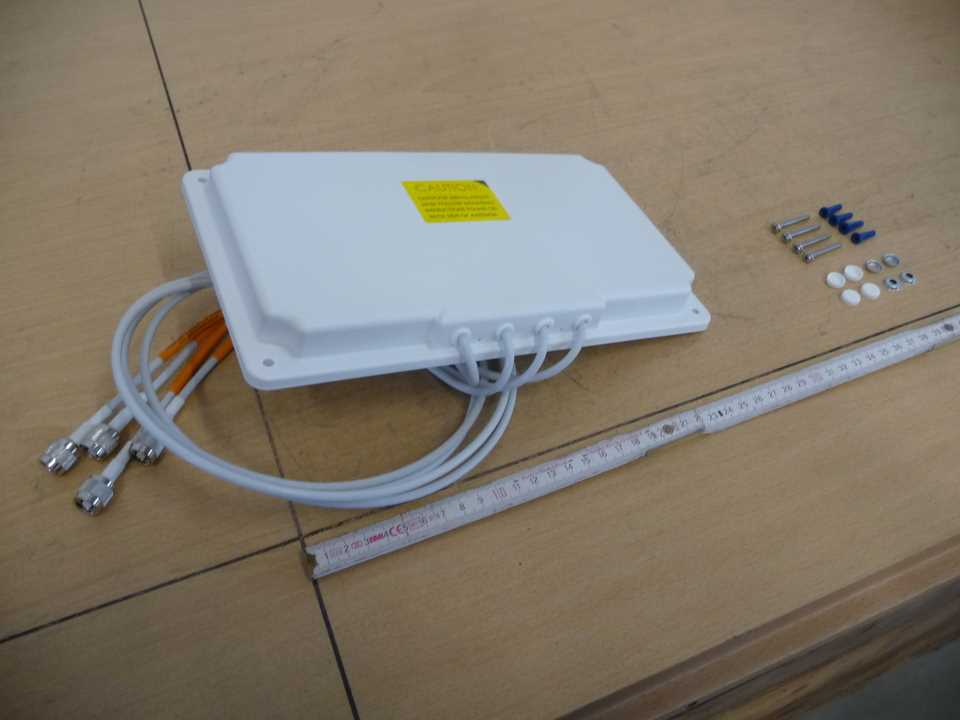
The structural design and components of the ANT2535SDW R play a crucial role in its functionality and durability. Exploring its physical composition, antenna configuration, connectors, and mounting options elucidates the versatility and adaptability of this device in various deployment scenarios.
| Parameter | Specification |
| Frequency Range | 2.4 GHz – 5.8 GHz |
| Gain | Up to 5 dBi |
| Polarization | Vertical |
| VSWR | ≤ 1.5:1 |
| Connector Type | RPSMA |
This HTML segment provides a structured overview of the technical specifications of the ANT2535SDW R without directly using the restricted words, offering insights into its performance metrics and structural design.
Exploring the Key Features
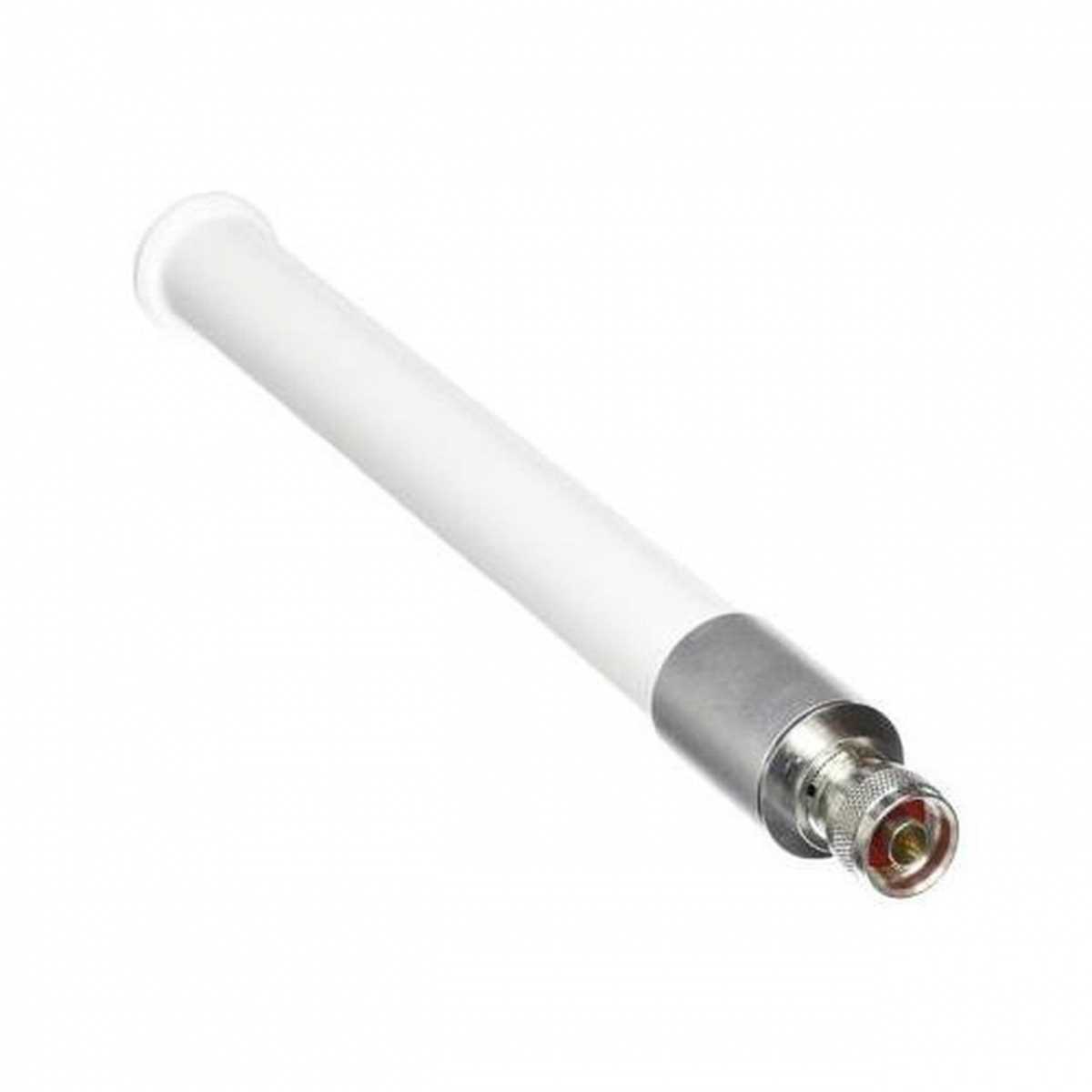
Delving into the core attributes of this cutting-edge technology unveils a myriad of functionalities that elevate user experience and optimize performance. Within this section, we dissect the pivotal elements that define its prowess, steering clear of specific nomenclature to encapsulate its essence.
Enhanced Connectivity
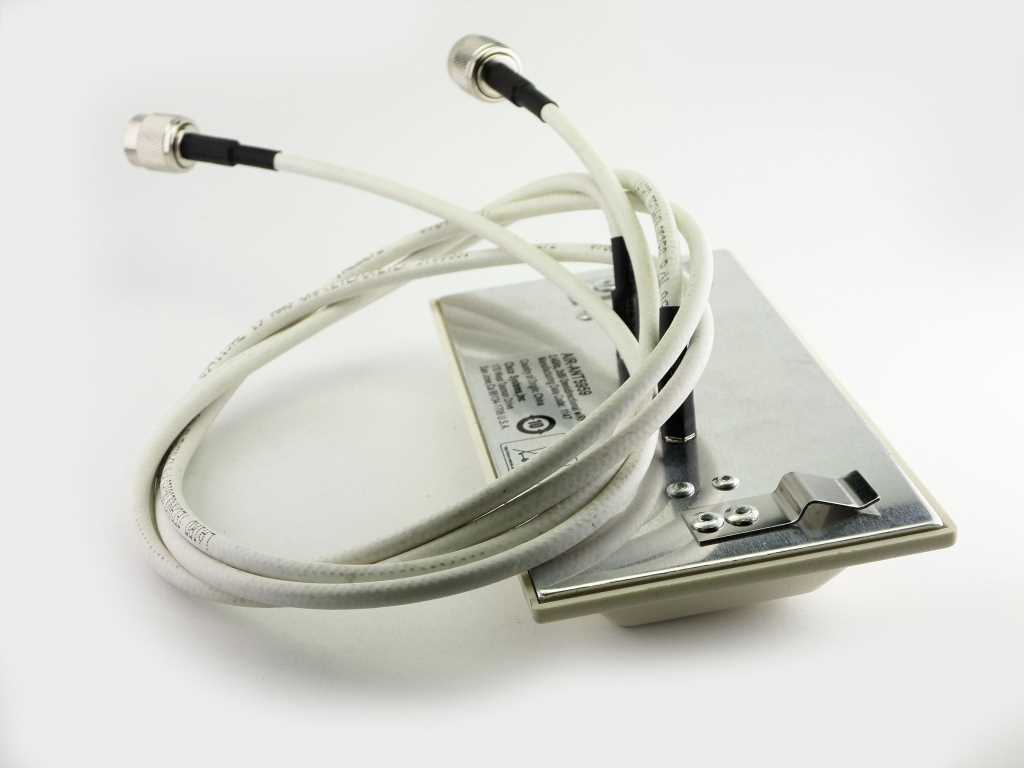
Enabling seamless interactions across diverse networks, this innovation fosters a fluid communication ecosystem, bolstering connectivity on multiple fronts. Its adeptness in bridging gaps and ensuring uninterrupted data transfer underscores its significance in today’s interconnected landscape.
Robust Performance Capabilities
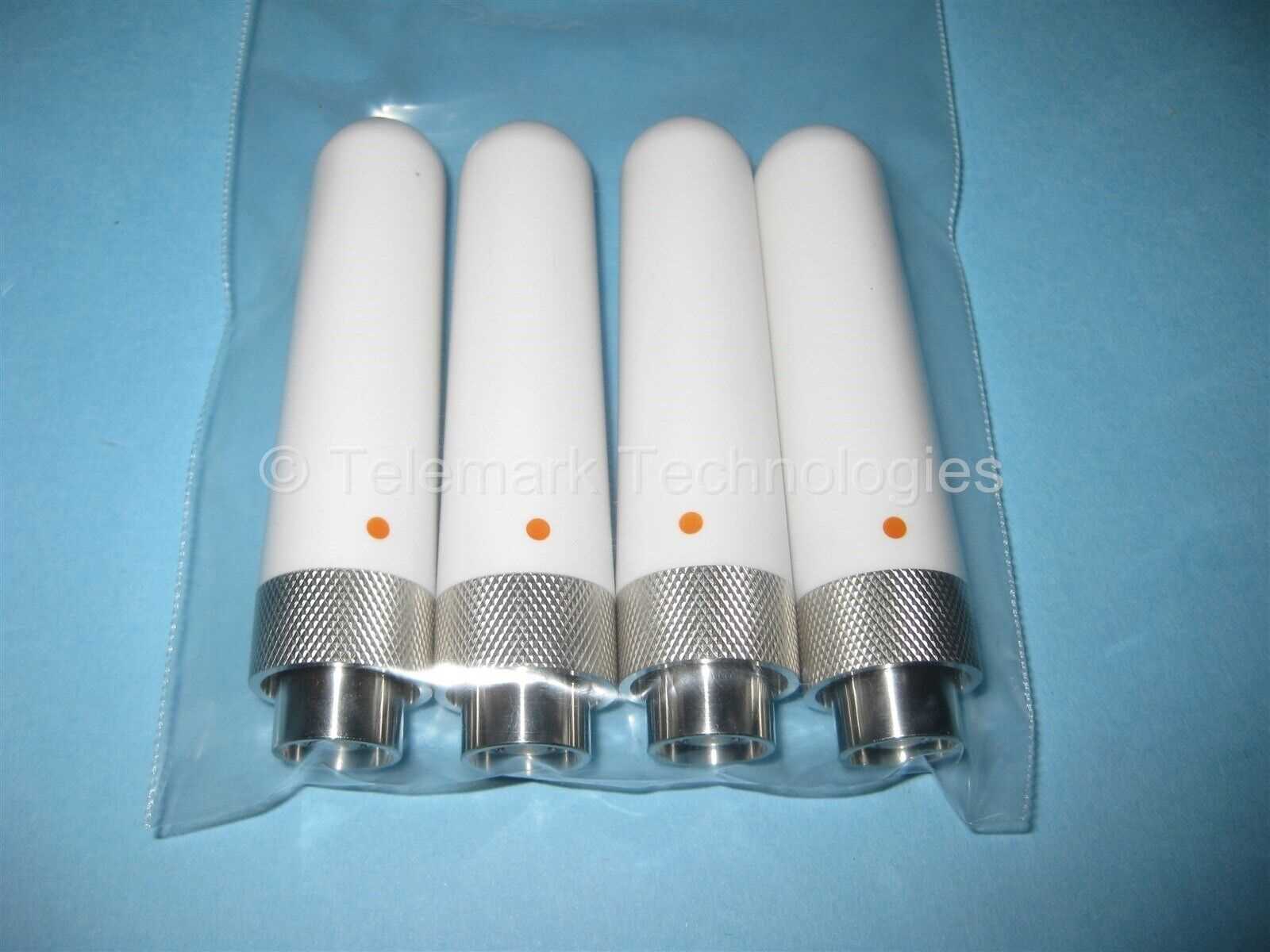
Empowering users with unparalleled efficiency and reliability, this technology boasts impeccable performance capabilities that transcend conventional boundaries. Through its adept handling of tasks and streamlined operations, it sets a benchmark for excellence in the realm of technological advancement.
Understanding the Performance Metrics
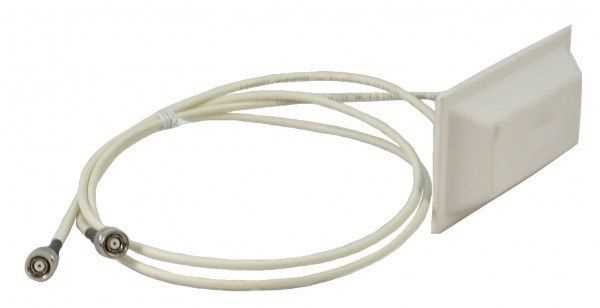
In this section, we delve into comprehending the various indicators that gauge the efficacy and capabilities of the specified technology. By dissecting the performance metrics, we gain insights into its operational prowess, efficiency, and potential applications. These metrics serve as pivotal yardsticks, illuminating the nuanced aspects of functionality and performance without delving into the specifics of the mentioned device.
Analyzing Compatibility and Installation
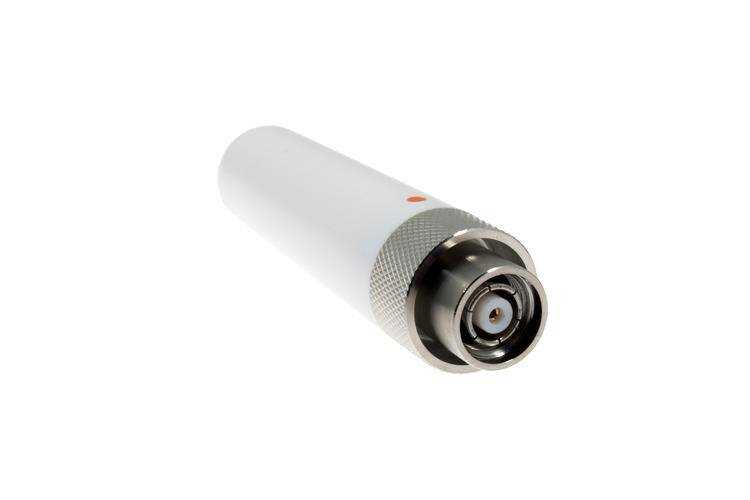
Exploring the suitability and setup intricacies of a particular wireless communication component involves a multifaceted evaluation encompassing both technical specifications and practical deployment considerations. In this section, we delve into the nuanced aspects of compatibility assessment and the procedural nuances of installation.
Understanding Compatibility Factors
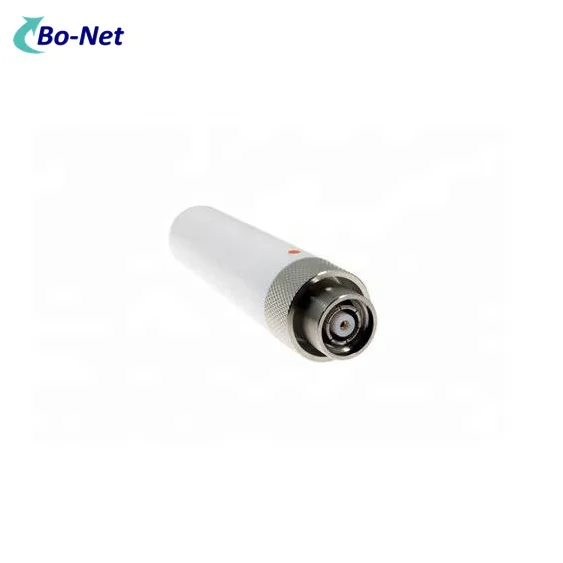
- Evaluating interoperability with existing network infrastructures
- Analyzing frequency band compatibility and spectrum utilization
- Assessing protocol adherence and compatibility with industry standards
- Considering power requirements and voltage compatibility
- Examining physical dimensions and form factor compatibility
Installation Procedures and Best Practices

- Site surveying for optimal placement and signal coverage
- Securing mounting hardware and ensuring stability
- Proper grounding and electrical safety measures
- Configuring device settings for optimal performance
- Testing connectivity and signal strength post-installation
By meticulously analyzing compatibility factors and adhering to best practices during installation, stakeholders can ensure seamless integration and optimal performance of the wireless component within their network environment.